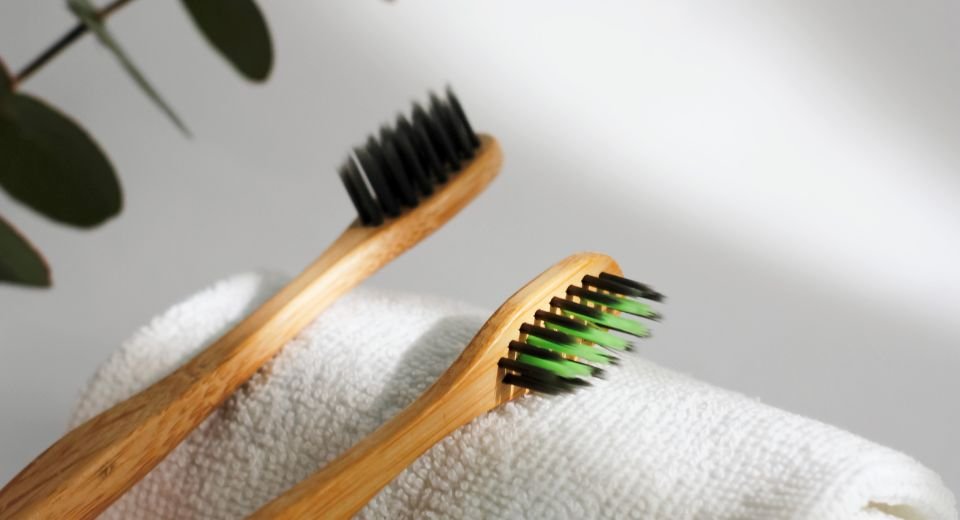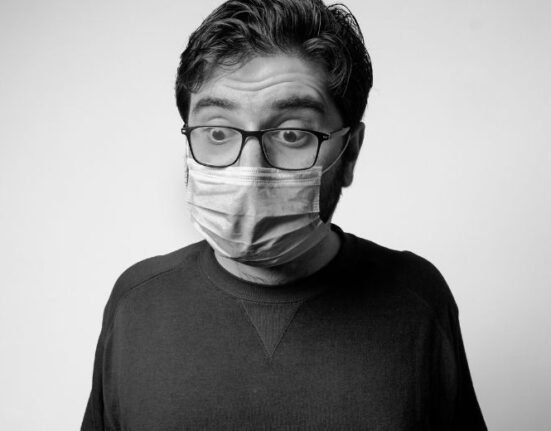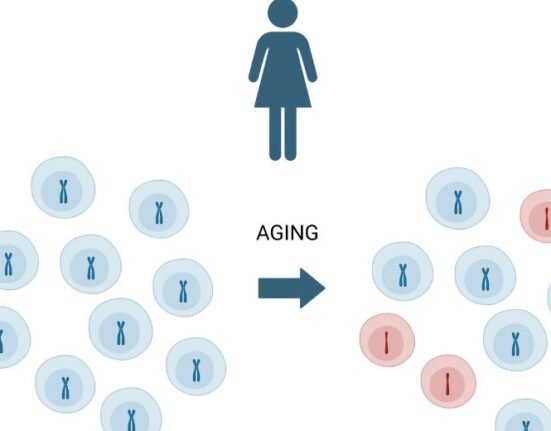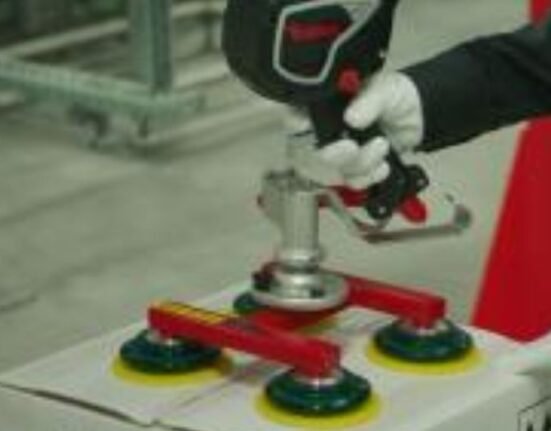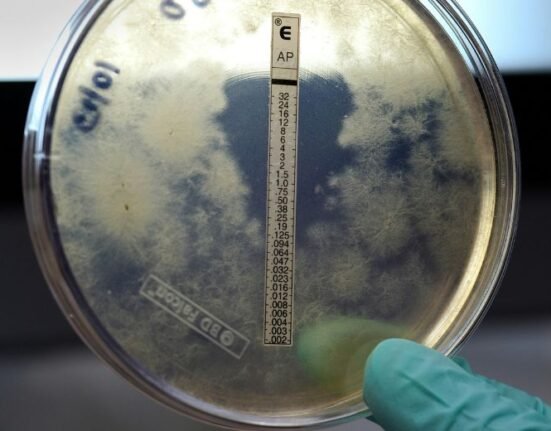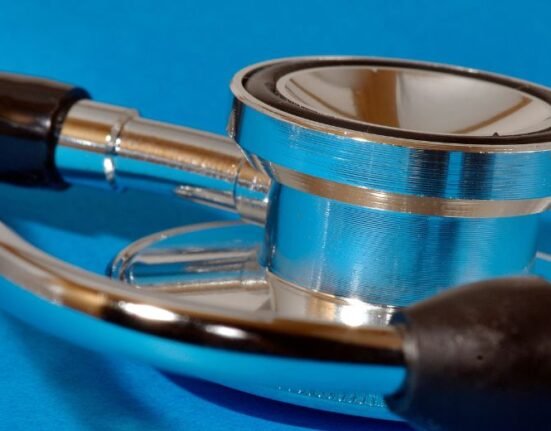HQ Team
December 20, 2023: Patients who brush their teeth may be saving themselves from hospital-acquired pneumonia and other outcomes, according to a study by US researchers.
Investigators from Brigham and Women’s Hospital, and Harvard Pilgrim Health Care Institute combined the results of 15 randomized clinical trials that included more than 2,700 patients.
They found that hospital-acquired pneumonia rates were lower among patients who tooth brushed daily compared to those who did not.
“The results were especially compelling among patients on mechanical ventilation,” in intensive care units (ICU), according to a statement from Brigham Hospital.
“Tooth brushing is also associated with lower rates of ICU mortality, shorter duration of mechanical ventilation, and shorter ICU length of stay.”
‘As simple’
Corresponding author Michael Klompas, MD, MPH, hospital epidemiologist and an infectious disease physician in the Department of Medicine at Brigham said: “The signal that we see here towards lower mortality is striking—it suggests that regular toothbrushing in the hospital may save lives.
“It’s rare in the world of hospital preventative medicine to find something like this that is both effective and cheap. Instead of a new device or drug, our study indicates that something as simple as brushing teeth can make a big difference.”
Hospital-acquired pneumonia occurs when bacteria in the mouth enter a patient’s airways and infect their lungs.
Patients experiencing frailty or patients with a weakened immune system are particularly susceptible to developing hospital-acquired pneumonia during their hospital stay.
“Adopting a daily toothbrushing regimen can decrease the amount of bacteria in the mouth, potentially lowering the risk of hospital-acquired pneumonia from occurring,” according to the statement.
The researchers used a variety of databases and analyzed randomized clinical trials from around the world that compared the effect of regular oral care with toothbrushing versus oral care without toothbrushing on the occurrence of hospital-acquired pneumonia and other outcomes.
Between 48-72 hours
Most of the studies in the team’s review explored the role of a teeth-cleaning regimen in adults in the ICU. Only two of the 15 studies included in the authors’ analysis evaluated the impact of toothbrushing in non-ventilated patients.
“The findings from our study emphasize the importance of implementing an oral health routine that includes toothbrushing for hospitalized patients.
“Our hope is that our study will help catalyze policies and programs to assure that hospitalized patients regularly brush their teeth. If a patient cannot perform the task themselves, we recommend a member of the patient’s care team assist,” said Klompas. Their results were published in JAMA Internal Medicine.
Nosocomial pneumonia or hospital-acquired pneumonia occurs within 48 hours or more after hospital admission and is not present at the admission time.
Ventilator-associated pneumonia, a sub-set of nosocomial pneumonia, happens in ICUs and is defined as pneumonia that occurs 48 to 72 hours after tracheal intubation and is thought to affect between 10-20% of patients receiving mechanical ventilation for more than 48 hours.


